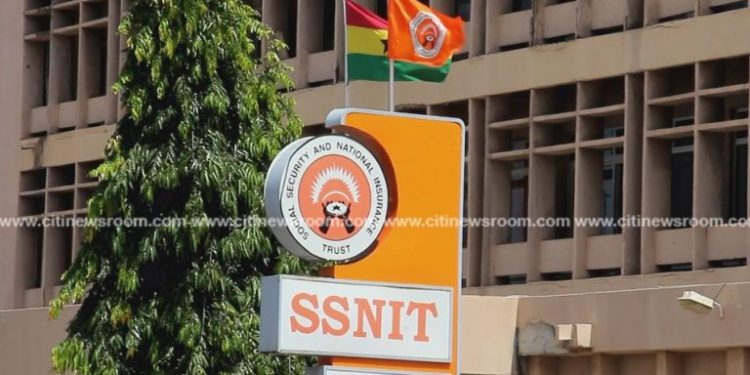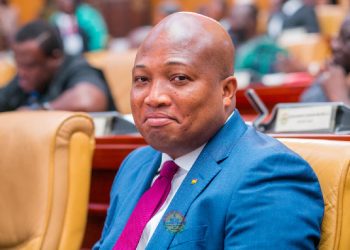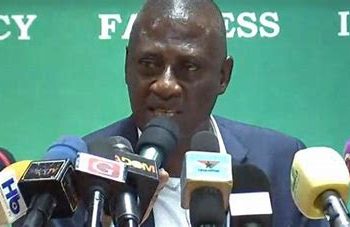The Ministry of Employment and Labour Relations is calling for cool heads between the Social Security and National Insurance Trust (SSNIT) and the Forum for Public Sector Registered Pension Schemes over their gridlock on the payment of past credits of contributors.
The Forum had accused SSNIT of not being forthcoming in revealing how it calculates past credits of contributors who will be due for pension by January 1, 2020.
SSNIT however disagrees arguing that it only uses the agreed formula to compute and pay past credits of its members.
What is a past credit?
A past credit is the contribution of workers to SSNIT before the coming into force of Act 766, which brought about the three-tier pension scheme.
In a statement in the wake of the stalemate, the Ministry promised to intervene but urged the feuding parties to cease fire while a workable solution is put in place to address their differences.
“The MELR wishes to say that this issue of past credit is very sensitive in nature to the government and efforts are being put in place by all the relevant stakeholders to have the matter resolved amicably before 2020.
The Ministry is therefore directing the two (2) bodies to cease fire with immediate effect as it takes the necessary steps to resolve the impasse.”
The Forum for Public Sector Registered Pensions Schemes had accused SSNIT of scheming to shortchange civil servants who will retire in 2020.
The Forum alleged that SSNIT wrongfully calculated contributions of its members.
Speaking at press a conference earlier in the week in Accra, Chairman of the Forum, Isaac Bampoe Addo, threatened that they will withdraw their services by January 2020 in solidarity of members due for pension.
In an interview with Citi Business News, Isaac Bampoe Addo claimed that “SSNIT has recomputed the past credit of members…and now the result of this past credit commination currently showing on members statement of accounts is highly misleading.”
“Can SSNIT tell the world that its current method of computing pass credit is in conformity with the MPR directive? Regrettably, SSNIT has failed to comply with the MPR directives of past credit. What SSNIT stated in its statement is false and it’s a deliberate attempt to cheat workers. The Forum is serving notice that if by 1st January 2020 adequate measures are not put in place to ensure smooth implementation of the tier two and the three-tier scheme, all members of the forum will stay at home,” Mr. Addo stated.
SSNIT reacts
But SSNIT insists that its past credit liability will increase to GHS 5.87 billion if it agrees to a directive by the National Pensions Regulatory Authority (NPRA) to pay 100 percent treasury-bill rate on past credits of contributors from the date of the first contribution up to December 31, 2009.
According to the Trust, the directive is illegal because it is not in accordance with section 94 1 (D) of Act 766, and also not based on any actuarial assessment.
Speaking at a press conference in response to accusations that SSNIT is scheming to shortchange contributors, its Director-General, Dr. John Ofori-Tenkorang, said the directive will leave the scheme in financial crisis.
“If this directive which is not in accordance with the law be implemented, the Trust’s past credit liability will increase to a whopping GHS 5.78 billion as at October 2019 representing an increase of about GHS 4.5 billion over what the liability before the revision that was suggested in the communique was implemented. The effect of this directive will put the whole SSNIT in financial crisis mode from 2022 as the fund ratio will drop from 3.1 to 0.3. This will affect the long term sustainability of the scheme.”















